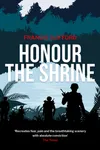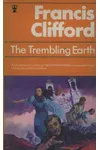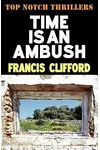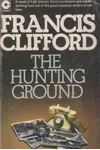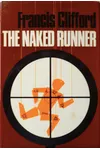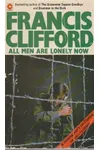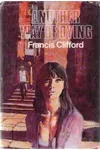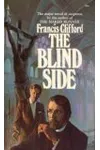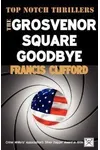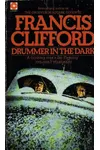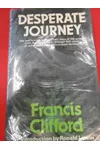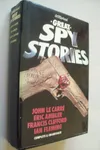Picture a British storyteller who turned his wartime heroics into pulse-pounding thrillers—meet Francis Clifford! Born Arthur Leonard Bell Thompson in 1917, Clifford crafted eighteen novels that blended gritty action with deep psychological insight, drawing heavily on his World War II experiences in Southeast Asia. His tales of courage and betrayal captivated readers, earning him a lasting spot in the thriller genre.
The Making of Francis Clifford
Born in Bristol, England, Clifford’s early life was marked by adventure. Orphaned at eight, he dove into the rice trade, working in London and Burma by his late teens. When World War II erupted, he joined the Burma Rifles, later serving in the Special Operations Executive. His heroic 109-day march through 900 miles of jungle to escape Japanese forces in 1942 shaped his vivid storytelling. After the war, Clifford worked as a steel industry journalist, penning stories in his spare time until he turned to full-time writing in 1959.
Francis Clifford’s Unforgettable Stories
Clifford’s novels, written under his pen name, are thrilling journeys into human resilience. His 1953 debut, Honour the Shrine, follows Captain John Strachan navigating Japanese-occupied Burma, blending intense action with emotional depth. A Battle is Fought to Be Won (1966) showcases Captain Tony Gilling’s desperate stand against overwhelming odds, earning praise for its raw realism. The Naked Runner (1966), a Cold War espionage tale, became a bestseller and was adapted into a 1967 film starring Frank Sinatra. Clifford’s style—taut pacing, morally complex characters, and vivid Southeast Asian settings—set him apart in the crime and thriller genres.
His narratives often explored the psychological toll of war and betrayal, reflecting his own harrowing experiences. Act of Mercy (1960), adapted into the 1962 film Guns of Darkness, weaves a tense tale of rebellion and sacrifice. Clifford’s ability to craft stories that felt both cinematic and deeply personal made his work resonate with readers and filmmakers alike.
Why Francis Clifford Matters
Francis Clifford’s legacy lies in his ability to transform real-life bravery into gripping fiction. His Southeast Asian settings brought a fresh perspective to the thriller genre, while his focus on moral dilemmas echoed literary giants like Graham Greene. Though less celebrated today, his novels inspired a generation of suspense writers, and his Hollywood adaptations introduced his stories to global audiences. Clifford’s work remains a testament to the power of storytelling born from lived experience.
- Born: December 1, 1917, Bristol, England
- Key Works: Honour the Shrine, The Naked Runner, A Battle is Fought to Be Won, Act of Mercy
- Awards: Distinguished Service Order for WWII service
- Died: August 24, 1975, Weybridge, England
Ready for a thrilling ride? Snag The Naked Runner and dive into Francis Clifford’s world of espionage and adventure!
